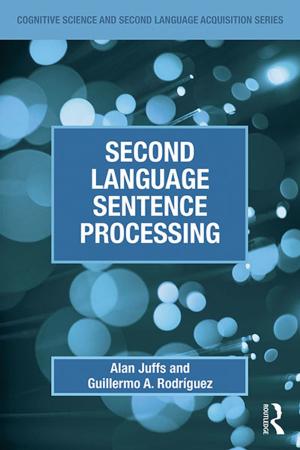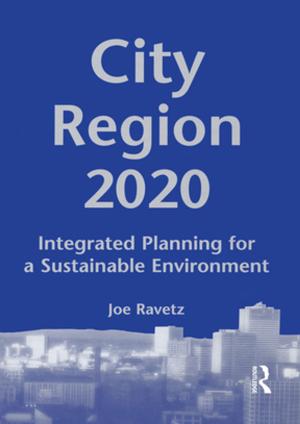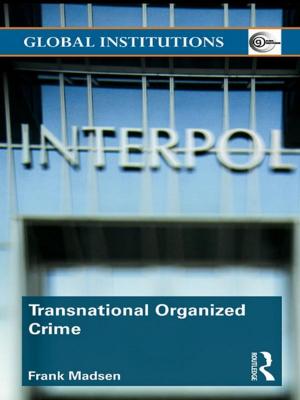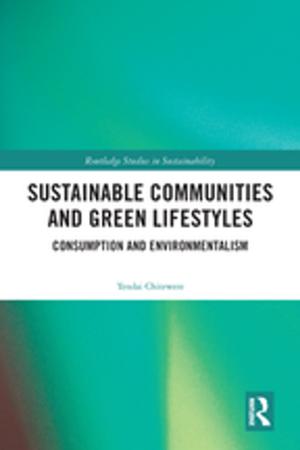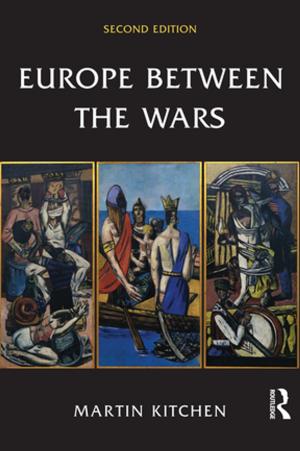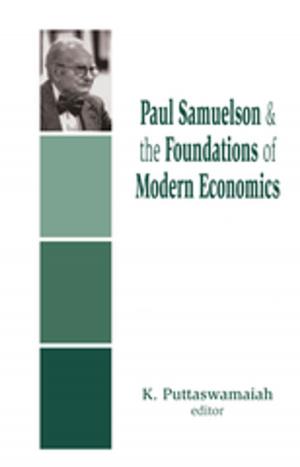Colombian Agency and the making of US Foreign Policy
Intervention by Invitation
Nonfiction, Social & Cultural Studies, Political Science, International, International Relations| Author: | Alvaro Mendez | ISBN: | 9781317215721 |
| Publisher: | Taylor and Francis | Publication: | June 26, 2017 |
| Imprint: | Routledge | Language: | English |
| Author: | Alvaro Mendez |
| ISBN: | 9781317215721 |
| Publisher: | Taylor and Francis |
| Publication: | June 26, 2017 |
| Imprint: | Routledge |
| Language: | English |
This book studies a significant event in US relations with Latin America, shedding light on the role of dependent states and their foreign policy agency in the process by which local concerns become intertwined with the dominant state’s foreign policy. Plan Colombia was a large-scale foreign aid programme through which the US intervened in the internal affairs of Colombia, by invitation. It proved to be one of the major successes of US foreign policy, and has been credited with stemming a potentially catastrophic security failure of the Colombian state.
This book discusses the strategies and practices deployed by the Colombian government to influence US foreign policy decision making at the bureaucratic, legislative and executive levels, and is a distinctive contribution to our understanding of the dynamics of small power agency. Giving a clearer insight into the decision making processes in both the US and Colombia, this book founds its argument on solid empirical analysis assembled from interviews of the major players in the events including: Andres Pastrana, President of Colombia; Thomas Pickering, US State Department; Arturo Valenzuela, Senior Director for Inter-American Affairs at the NSA; General Barry McCaffrey, the US ‘Drug Czar’; and Dennis Hastert, Speaker of the US House of Representatives.
Approaching the events in question from a bottom-up theoretical perspective that puts the emphasis on the facts of the case, this book will be of great interest to academics, students and policy makers in the field of foreign policy analysis, US foreign policy studies, and Latin American studies.
This book studies a significant event in US relations with Latin America, shedding light on the role of dependent states and their foreign policy agency in the process by which local concerns become intertwined with the dominant state’s foreign policy. Plan Colombia was a large-scale foreign aid programme through which the US intervened in the internal affairs of Colombia, by invitation. It proved to be one of the major successes of US foreign policy, and has been credited with stemming a potentially catastrophic security failure of the Colombian state.
This book discusses the strategies and practices deployed by the Colombian government to influence US foreign policy decision making at the bureaucratic, legislative and executive levels, and is a distinctive contribution to our understanding of the dynamics of small power agency. Giving a clearer insight into the decision making processes in both the US and Colombia, this book founds its argument on solid empirical analysis assembled from interviews of the major players in the events including: Andres Pastrana, President of Colombia; Thomas Pickering, US State Department; Arturo Valenzuela, Senior Director for Inter-American Affairs at the NSA; General Barry McCaffrey, the US ‘Drug Czar’; and Dennis Hastert, Speaker of the US House of Representatives.
Approaching the events in question from a bottom-up theoretical perspective that puts the emphasis on the facts of the case, this book will be of great interest to academics, students and policy makers in the field of foreign policy analysis, US foreign policy studies, and Latin American studies.




